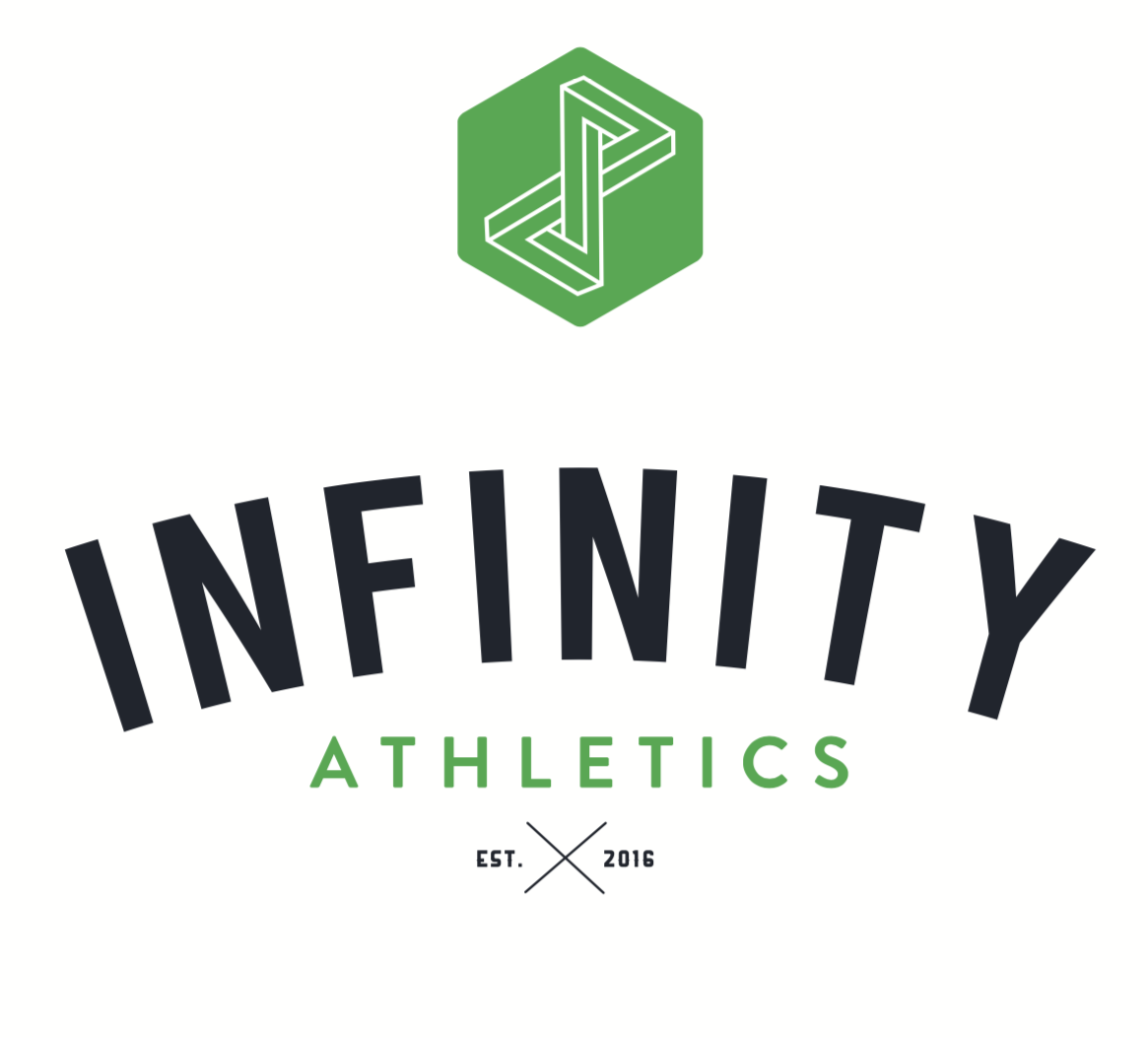We all know protein is essential for building muscle, recovering from workouts, and maintaining a healthy metabolism. When you eat it might matter more than you think.
In a recent Huberman Lab episode, Dr. Andrew Huberman breaks down the latest science around protein timing with Alan Aragon, busting some long-held myths and offering fresh insight into how to structure your intake for real results.
Whether your goal is to gain strength, lose fat, increase muscle mass, improve recovery, or support healthy aging - here’s what you need to know and how to apply it in your everyday life.
🔍 Key Takeaways from Huberman on Protein Timing
🥇 1. Total Daily Protein is Still King
The most important factor by far? Getting enough protein across the day.
There’s often a lot of focus on timing your protein around your workouts or your sleep. While these offer targeted benefits based on your goals, if you're not hitting your daily target as a baseline requirement, you're leaving progress on the table. Typical total protein target for most individuals is 0.7-1g of protein per pound of body weight.
In other words: “If you don’t get enough total protein, timing won’t save you.”
🍳 2. You Can Eat More Than 30 grams at Once
There’s a popular myth that your body can only "absorb" about 30 grams of protein per meal. Not true. While muscle-building may “max out” at that amount, extra protein still benefits your metabolism, immune system, hormone function, and tissue repair. Adequate protein intake is equally as important for both men and women in order to optimize their unique systems.
So if you prefer fewer, larger meals? That works. It’s about total intake over time, not meal micromanagement.
👵 3. Protein Timing Matters More as You Age
As we get older, our bodies become less efficient at turning protein into muscle. Huberman emphasizes that older adults may benefit more from protein timing, especially:
Getting protein after resistance training
Eating higher-protein meals at breakfast and dinner
Including a protein source before bed
This approach helps preserve lean muscle and functional strength—two key factors in healthy aging.
✅ Actionable Tips for Infinity Clients
No matter where you're training—Infinity Ithaca or Infinity Albany—here’s how to put these ideas into practice:
1. Hit Your Daily Protein Goal
Start by aiming for 0.7–1g of protein per pound of body weight
Example: If you weigh 160 lbs, aim for 110–160g per day
Distribute it across meals in a way that works for your lifestyle.
Need a simple way to start? Focus on nutrient rich meals at breakfast, lunch and dinner aiming at 30g+ of protein. You’ll hit 100g before you know it!
2. Time Protein Around Workouts (When Possible)
Looking to fine-tune your performance? Post-workout, eat a protein-rich meal or shake within 60–90 minutes.
For the most part, there’s no need to sprint to the blender. But don’t wait 3+ hours either!
3. Don’t Stress Over MealS
You can eat more than 30g of protein per meal
Choose a pattern (3 larger meals or 4–5 smaller ones) that supports your schedule and satiety
4. Support Muscle as You Age
Older adults should pay closer attention to timing, especially after workouts and before bed
A slightly higher total protein intake (closer to 1g/lb) may be beneficial
Final Thoughts
Remember: there’s no perfect formula. Listen to the full podcast here to learn more about the data behind these points, and connect with your Infinity Trainer on how to take your goals to the next level!

